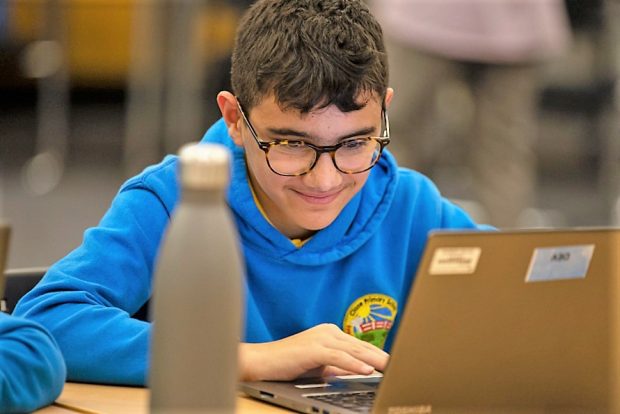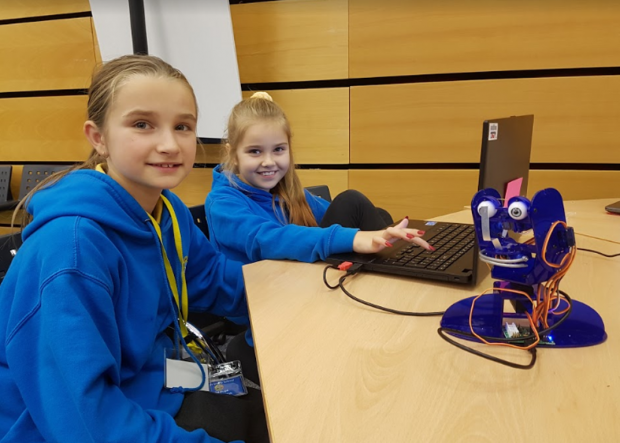Renewing UNRWA and securing stability for Israelis and Palestinians
Thank you Madam President.
Thank you Special Coordinator Mladenov for your briefing, and for the work you and your team do in difficult circumstances.
Thank you also to Ms Raemer for your briefing and the perspective you shared.
Madam President, three years since the adoption of resolution 2334 by this Council, the United Kingdom notes with concern the Secretary-General’s assessment that the situation on the ground since then has only deteriorated.
In light of the continued increase in Israeli settlements, we reiterate that settlements are illegal under international law, present an obstacle to peace, and threaten the physical viability of a two-state solution.
The United Kingdom notes the Israeli Defence Minister’s instructions to act for the advancement of a new Jewish neighbourhood in Hebron. We understand that this does not signal the start of a formal planning process; however, if such plans were to advance this would be of grave concern given the sensitivities of the location.
Demolitions of Palestinian-owned homes and structures have also increased. The UK is concerned in particular by the targeting of donor-funded structures in Area C – which are provided on humanitarian grounds to support vulnerable communities.
As we have made clear before, any suggestion that parts of the Occupied Palestinian Territories should be annexed is contrary to international law, damaging to peace efforts and could not pass unchallenged.
Madam President, as the UK made clear last month, following the escalation of hostilities in Gaza, the indiscriminate attacks against Israeli civilians by Palestinian Islamic Jihad were completely unacceptable.
All countries, including Israel, have a legitimate right to self-defence, and the right to defend their citizens from attack. In doing so, it is vital that all actions are proportionate, in line with International Humanitarian Law, and are calibrated to avoid civilian casualties.
It is critical that the Palestinian leadership continue their efforts to tackle terror and incitement. Israeli security forces must also avoid the use of excessive force and we encourage Israel to properly investigate all potential breaches of law, holding those responsible to account.
The UK is concerned to hear of a further increase in the number of attacks by settlers on Palestinians. As the Occupying Power, Israel has a responsibility to protect the Palestinian population. We urge Israel to thoroughly investigate every instance and bring those responsible to justice.
Turning to positive steps, the United Kingdom welcomes the progress made on implementation of the AHLC-endorsed package of interventions for Gaza, but we remain concerned by the dire humanitarian situation. We call again on Israel to ease restrictions on water, electricity, and movement and access, which impact the livelihoods and life prospects of ordinary Palestinians in Gaza and breed resentment.
We welcome the renewal of UNRWA’s mandate, and encourage partners to step up with more funding and more predictable disbursements as the UK has done.
And we welcome continued work towards genuine and democratic national elections for all Palestinians, which is crucial to the establishment of a viable and sovereign Palestinian State.
Finally, Madam President, at this highly sensitive time in the region, we call on the parties to show real leadership, including the willingness to make tough compromises, in order to achieve a secure Israel, standing alongside a sovereign Palestinian state.
Thank you.


